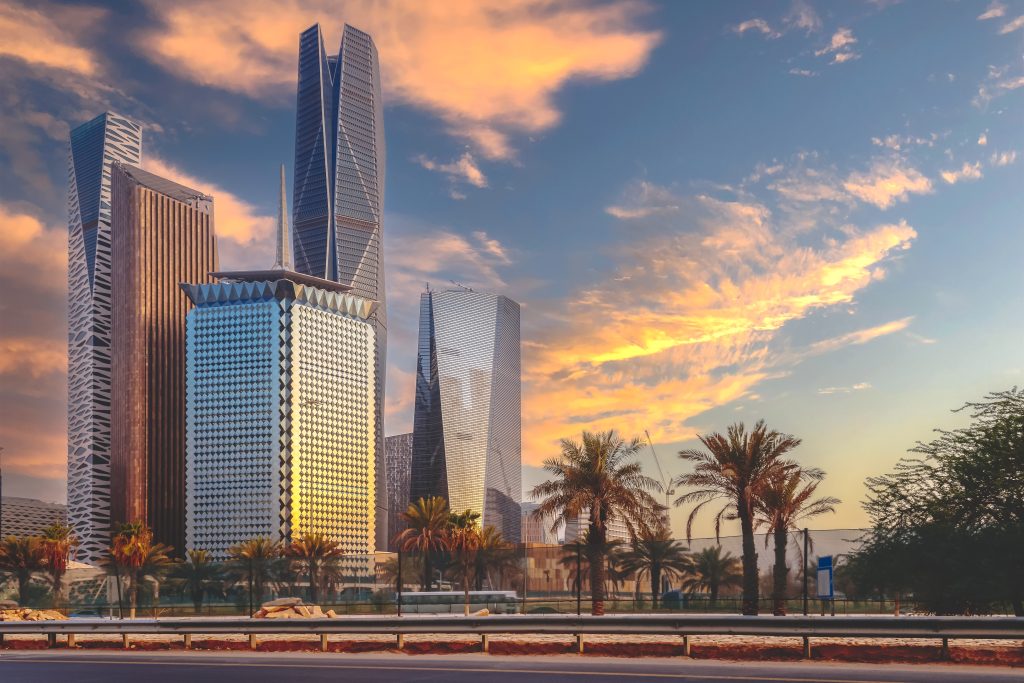The Kingdom of Saudi Arabia is on the brink of initiating a space tourism venture, as stated by a high-ranking official.
Distinguished figures in the business of air travel and space ventures convened in Riyadh for the 2024 Future Aviation Forum’s inaugural day, where Mohammed Al-Tamimi, head of the Saudi Space Agency, spoke about the burgeoning role of spaceports and the deployment of satellites.
The forum’s first day was a display of substantial progress in the realms of tourism, aviation, and space exploration. Leaders from diverse fields highlighted the swift advancement and strategic endeavors propelling the sector.
Within a window of 60 days from now, there will be an announcement to do some trials here in Saudi Arabia about space tourism,
Al-Tamimi declared.
Al-Tamimi also foresaw a surge in satellite launches, predicting the deployment of 36,000 satellites over the coming six years,
a figure that triples the current tally.
Right now, we have more than 10,000 active commercial civil aviation airports. When it comes to spaceports, more than 20-22 are active in 12 different countries,
he added.
The nation’s Tourism Minister, Ahmed Al-Khateeb, mentioned that the global tourism sector supports over 330 million jobs, equating to one in every ten workers. He also lauded the Middle East’s tourism boom following the pandemic, with Saudi Arabia recording a notable 22 percent increase from 2019.
Al-Khateeb attributed this upswing to travel offerings that prioritize value, alongside preferences for shorter trips and nearer destinations. He commended the new e-visa system that has simplified entry into Saudi Arabia for travelers from 66 countries, covering more than 80 percent of the global travel market.
In a pivotal move, the Gulf Cooperation Council sanctioned the unified tourist visa, set to commence by 2025, as announced during the 40th gathering of GCC interior ministers in Muscat, Oman by Secretary-General Jassim Mohammed Al-Budaiwi. This visa will enable tourists to traverse all six GCC member states, akin to the Schengen system.
From the aviation industry, Brendan Nelson AO, the senior vice president of Boeing Co. and president of Boeing Global, spoke on the importance of candor and integrity. He underscored the necessity of being authentic, transparent, and open and honest with your customers, your investors, certainly with the flying public.
Nelson recalled an incident in January where an Alaska Airlines Boeing 737 Max 9 suffered a fuselage rupture. He also touched on Boeing’s deliberate production slowdown to stabilize supply chains, anticipating these challenges to persist into the next year.
Moreover, Nelson reiterated Boeing’s commitment to sustainable aviation fuel (SAF) and mentioned the company’s partnership with Saudi Arabia on various projects, including military and aerospace collaborations.
Tony Douglas, CEO of Riyadh Air, shared the airline’s lofty ambitions to become a leading international carrier, connecting to over 100 destinations by 2030 and achieving in five years what took others over two decades. Douglas emphasized Riyadh Air’s fresh start without legacy systems, allowing for a cutting-edge and tech-forward approach. Upcoming events include a cabin crew fashion reveal and a digital proposition unveiling.
The Future Aviation Forum continues to shed light on the significant strides and strategic partnerships defining the trajectory of aviation and space exploration within the Kingdom and the wider region.
